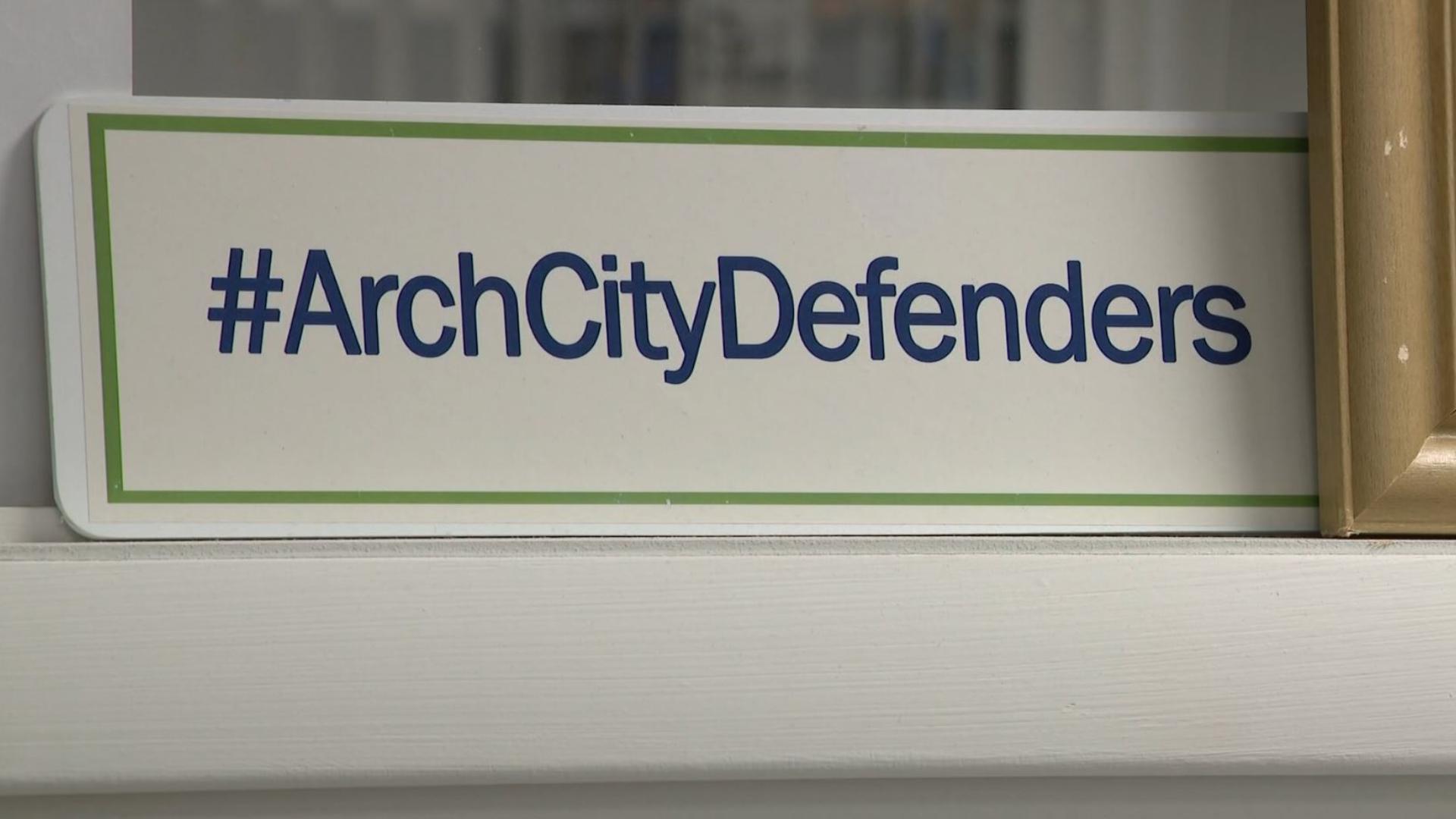FERGUSON, Mo. — The events in Ferguson spurred change within municipal court systems across our region.
A legal advocacy group accusing multiple cities of throwing people in jail to make money.
The trickle-down effect of what’s taking place is changing peoples' lives forever, people like Umi Okoli. Her journey began over 14 years ago.
“This is a pain that I have to carry with me for the rest of my life and they can't erase that for me,” said Okoli.
Okoli, 55, was pulled over, handcuffed and put behind bars dozens of times. She was ticketed for things like driving without updated license tags or expired insurance.
Okoli was trying to manage life as a single mother and on a salary of $32,000. Because of that, the unpaid tickets continued to pile up.
At one point, Okoli had warrants in 11 municipalities from Florissant to Ferguson to Normandy. She would sometimes sit in jail for days.
“My life was being impacted greatly. My kids were missing their mother, not knowing when she was going to come home from jail. And my parents had a running ledger of how much money that they had to loan me to get out of jail at different times,” said Okoli.
When she was introduced to Arch City Defenders she realized she wasn’t alone.
“It took an entire team of people that were so obstinate about the changes that needed to take place in St. Louis, that they didn't give up,” said Okoli.
Arch City Defenders filed 52 civil rights lawsuits, including debtor’s prison class-action lawsuits, in the past ten years.
Those lawsuits allege unlawful practices in 20 municipalities spanning across eight counties.
“The basic argument in those cases that we've made is that treating someone differently because they don't have money is a constitutional violation,” said Blake Strode, the organization's executive director.
Strode said the so-called “debtors’ prisons” went on for years. The death of Michael Brown Jr. brought the situation to light.
“It helped a lot of people to gain a better understanding of why there was so much upset and outrage about the daily treatment of low-income people in St. Louis, in particularly low-income black communities in St. Louis,” said Strode.
A new report reveals the impact that’s been made by the sweeping reforms. The report shows municipal court revenue in Ferguson dropped by 95.2%. Tickets issued declined by 91.8% and warrants issued decreased by 95.3%.
“Through settlements of those cases, we've been able to collect millions of dollars, more than $25 million in damages for people all over the region,” said Strode.
For victims like Okoli, no amount of money can bring back the time lost.
“I wish it was enough money so that my son doesn't have to look back on that with hurt. I wish he was enough money to give me back my dignity,” said Okoli.
While the past decade brought positive change, Strode believes the problem is far from over. He’s calling for a consolidation of St. Louis' municipal courts.
But so far, Strode said, the region has not been bold enough to adopt that kind of transformation.

